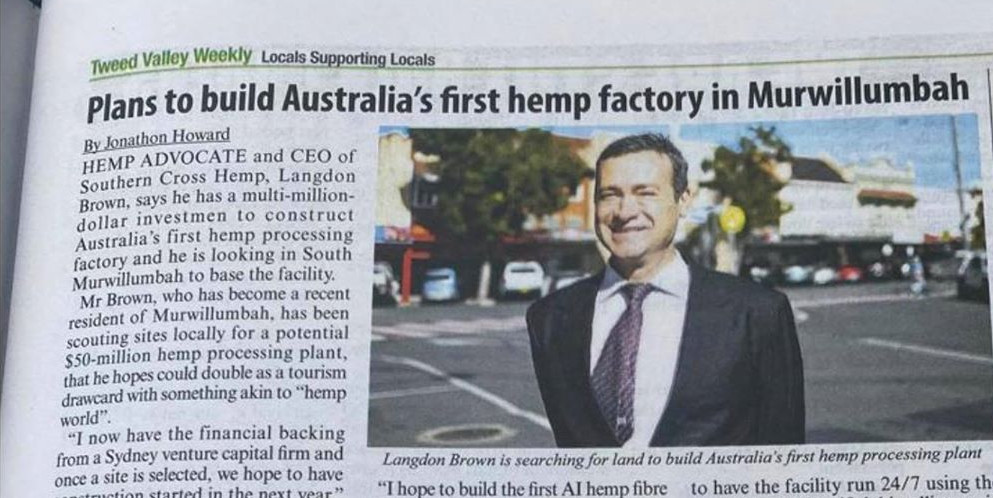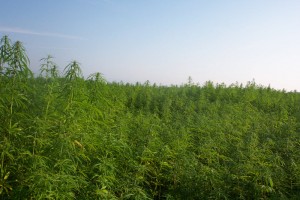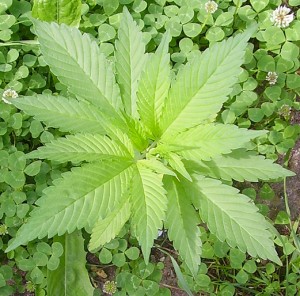
A medical marijuana dispensary in Colorado, where tax revenue are expected to double initial estimates (O’Dea)
A study by the US-based Tax Foundation finds that the four US states that have legalized marijuana have collected more tax revenue than they had initially estimated. The Colorado government is anticipating revenues of $140 million, which is double the initial $70 million estimate. Washington’s state government meanwhile is estimating tax revenue as high as $270 million per year.
State governments could expect to raise between $5 billion and $18 billion in total if they all legalized and taxed marijuana, says the study.
The study says that state and federal governments could levy a number of taxes on the national marijuana market, including a federal excise tax similar to what is collected from cigarettes, which would raise $500 million in revenue and a 10 percent sales surtax, like that collected in Colorado, which would raise $5.3 billion if imposed nation-wide.
Business income from the marijuana sector would additionally raise nearly $5.5 billion in federal revenue and $1.5 billion in state and local revenue. The study cautions however that this revenue could fall as competition drives down prices and total business revenue in the marijuana sector.
Other sources of government revenue opened up by legalization include individual income and payroll taxes from employment in the marijuana industry. These sources of revenue may increase as production ramps up, the study estimates.
The study predicts that prices and profit margins will fall drastically when marijuana is legalized, as a result of the much lower risk premium attached to production of marijuana once it is legal.
While some rights activists point to the repression inherent in taxation of voluntary transactions, most welcome the shift from wholesale prohibition of marijuana, to regulation and taxation, as a lifting of the degree of repression placed on the marijuana sector. All major marijuana advocacy organizations in the US meanwhile are supportive of the growing trend toward legalization and taxation of marijuana, and regularly tout the benefit of legalization on local, state and federal tax revenues.




